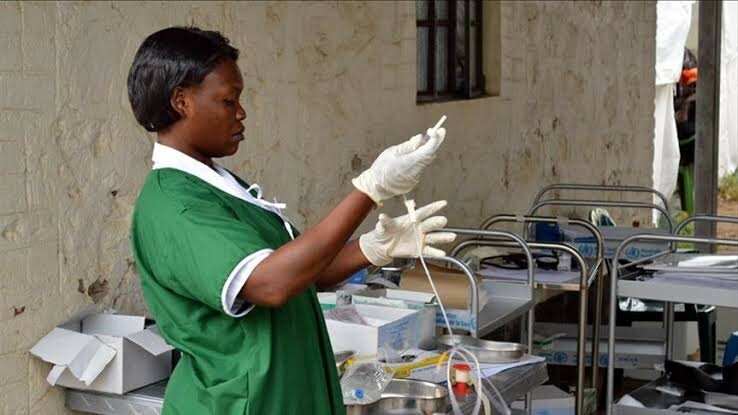The African healthcare sector confronts a myriad of challenges, necessitating strategic solutions for sustainable improvement. This article examines key obstacles faced by the sector and proposes actionable solutions to foster resilience and progress.
Challenges:
A. Infrastructure Disparities:
B. Disease Burden:
C. Healthcare Workforce Shortage:
D. Limited Access to Medications:
E. Information Management:
Challenges:
A. Infrastructure Disparities:
- Challenge: Inadequate healthcare infrastructure hampers service delivery and accessibility.
- Solution: Strategic investments in infrastructure development, leveraging public-private partnerships to ensure equitable access across regions.
B. Disease Burden:
- Challenge: High prevalence of communicable diseases alongside a rising burden of non-communicable diseases.
- Solution: Implement comprehensive disease prevention programs, invest in early detection, and promote health education to address both infectious and chronic conditions.
C. Healthcare Workforce Shortage:
- Challenge: Insufficient skilled healthcare professionals, particularly in rural areas.
- Solution: Scale up training programs, incentivize healthcare professionals to work in underserved regions, and explore technology-assisted solutions like telemedicine to extend reach.
D. Limited Access to Medications:
- Challenge: Many populations face challenges in accessing essential medications.
- Solution: Develop robust supply chains, negotiate fair drug pricing, and encourage local pharmaceutical production to enhance accessibility and affordability.
E. Information Management:
- Challenge: Inefficient health information systems hinder data-driven decision-making.
- Solution: Invest in digital health infrastructure, electronic health records, and data analytics to streamline information management and improve healthcare planning.

Solutions:
A. Technology Integration:
B. Community Engagement:
C. Public-Private Partnerships:
D. Research and Innovation:
E. Policy Reforms:
Addressing the challenges facing the African healthcare sector requires a holistic and collaborative approach. By implementing targeted solutions, embracing technological advancements, and fostering partnerships, the continent can pave the way for a more resilient and effective healthcare system, ultimately improving the well-being of its diverse populations.
A. Technology Integration:
- Leverage technology, such as telemedicine and mobile health apps, to enhance healthcare access, especially in remote areas.
B. Community Engagement:
- Foster community involvement in healthcare initiatives, ensuring that interventions are culturally sensitive and align with local needs.
C. Public-Private Partnerships:
- Encourage collaboration between governments and private entities to drive investments, share resources, and improve overall healthcare quality.
D. Research and Innovation:
- Prioritize research and innovation to develop context-specific solutions and stay ahead of emerging health challenges.
E. Policy Reforms:
- Implement policies that promote universal health coverage, address workforce shortages, and create an enabling environment for healthcare improvement.
Addressing the challenges facing the African healthcare sector requires a holistic and collaborative approach. By implementing targeted solutions, embracing technological advancements, and fostering partnerships, the continent can pave the way for a more resilient and effective healthcare system, ultimately improving the well-being of its diverse populations.
